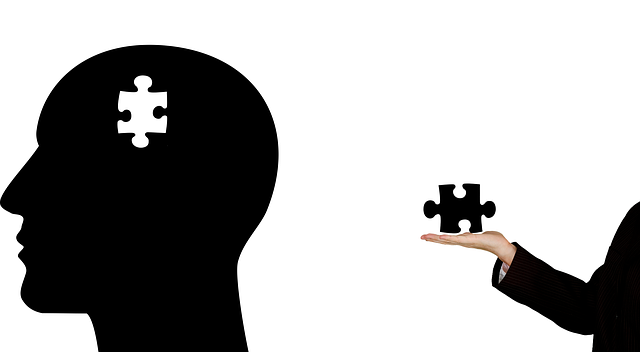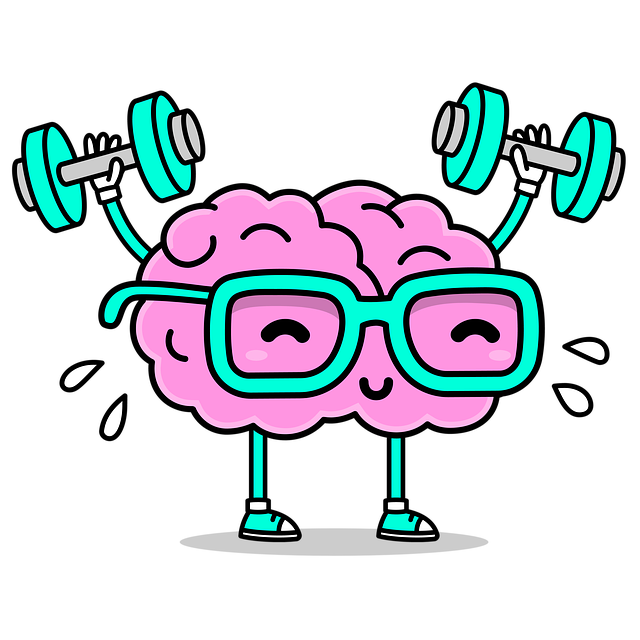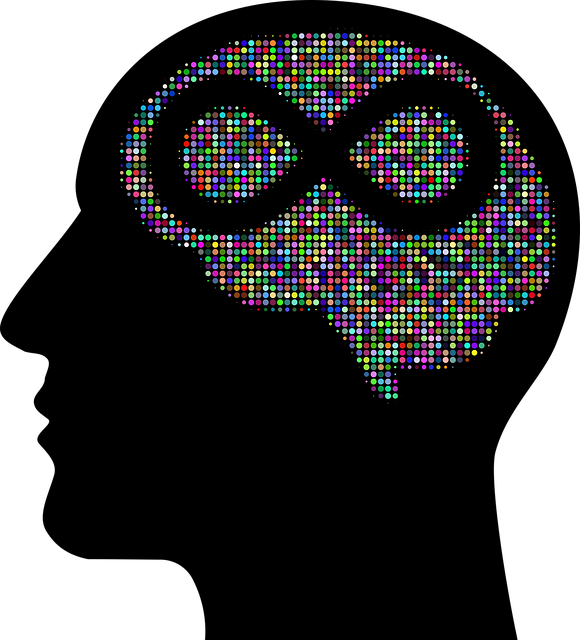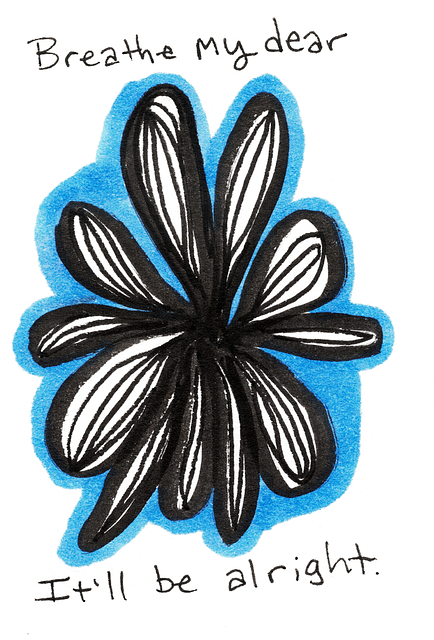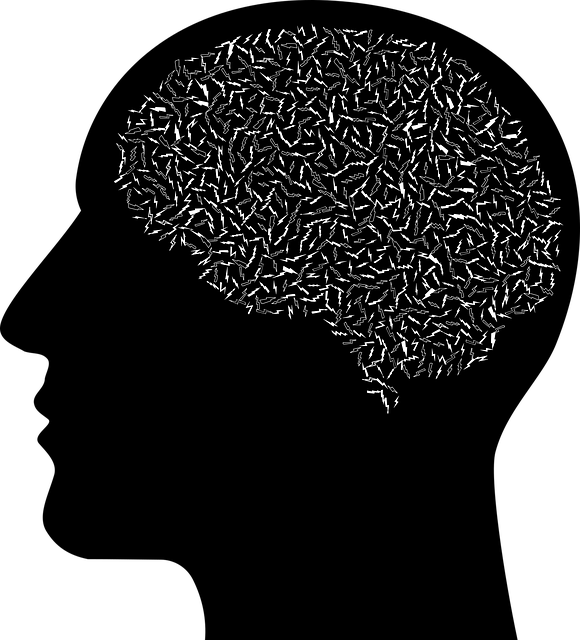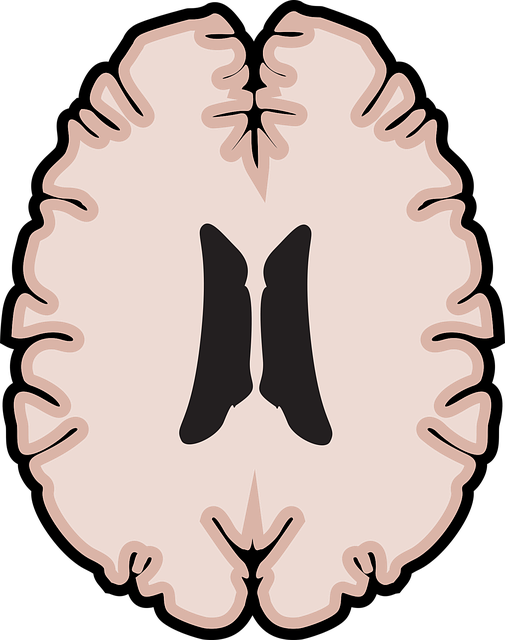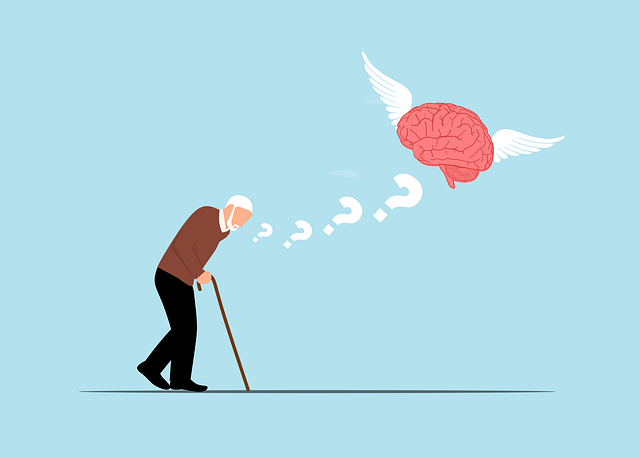Mental health literacy is key to effective therapy, empowering individuals to understand and manage their well-being. Tailoring education programs for diverse audiences, including therapists and clinicians, involves identifying specific needs and incorporating inclusive practices like Mindfulness Meditation and cultural sensitivity. Engaging, evidence-based modules covering depression, anxiety, and emotional intelligence enhance therapeutic outcomes. Strategic implementation within healthcare systems, coupled with evaluation using pre/post tests and peer evaluations, ensures the Golden Therapy for Therapists-Clinicians approach remains relevant and impactful over time.
Mental health education programs are a powerful tool for fostering well-being, especially when designed with expertise and inclusivity. This article explores the art of crafting effective program structures for mental health literacy, targeting diverse audiences. From understanding foundational concepts to developing engaging curricula, each step is crucial in empowering individuals. We delve into strategies for implementation, ensuring accessibility, and evaluating impact, offering a comprehensive guide for therapists and clinicians seeking to enhance mental health support through education. Discover the golden therapy of knowledge.
- Understanding Mental Health Literacy: Setting the Foundation for Effective Program Design
- Identifying Target Audiences: Tailoring Content to Meet Diverse Needs
- Curriculum Development: Creating Engaging and Evidence-Based Learning Modules
- Implementation Strategies: Ensuring Accessibility and Sustainability
- Evaluation and Feedback Loops: Measuring Impact and Continuous Improvement
Understanding Mental Health Literacy: Setting the Foundation for Effective Program Design

Mental health literacy is a cornerstone for effective program design, serving as the foundation upon which therapists and clinicians can build impactful interventions. It involves equipping individuals with the knowledge and skills to understand mental health conditions, recognize when help is needed, and effectively seek support. This proactive approach empowers folks not only to manage their own well-being but also to offer compassionate assistance to others.
By integrating self-care practices, self-awareness exercises, and resilience-building activities into program curricula, therapists can holistically address the diverse needs of their clients. Such an inclusive design fosters a supportive environment where participants feel safe exploring their emotions, cultivating coping strategies, and ultimately embracing the golden therapy of personal growth and improved mental well-being.
Identifying Target Audiences: Tailoring Content to Meet Diverse Needs

Identifying target audiences is a crucial step in designing an effective mental health education program. By understanding the diverse needs and backgrounds of participants, educators can tailor content to offer relevant and impactful learning experiences. Mental health professionals, including therapists and clinicians, form a key audience, as they require specialized knowledge to support clients effectively. A well-designed program could include modules on Golden Therapy techniques, providing practitioners with valuable tools for enhancing their therapeutic approach.
Furthermore, considering the broader community, especially younger individuals and those from varied cultural backgrounds, is essential. Incorporating practices such as Mindfulness Meditation can foster self-esteem improvement and emotional resilience. Cultural Sensitivity in Mental Healthcare Practice is another critical aspect to address, ensuring that education resonates with diverse populations and promotes inclusive mental health support.
Curriculum Development: Creating Engaging and Evidence-Based Learning Modules

Designing an effective mental health education program involves crafting engaging and evidence-based learning modules that cater to therapists and clinicians. The curriculum should be structured to address various aspects of mental illness, including depression, anxiety, and other common disorders. Each module must incorporate interactive activities, case studies, and real-life scenarios to ensure participants actively engage with the material.
For instance, incorporating Emotional Intelligence and Empathy Building Strategies can help professionals gain a deeper understanding of their clients’ experiences. Modules should also focus on Mental Illness Stigma Reduction Efforts, fostering an inclusive environment where therapist-clinician relationships are built on trust and compassion. Utilizing interactive tools like role-playing exercises, group discussions, and multimedia resources ensures the learning process is dynamic and memorable, making it a Golden Therapy for improving therapeutic outcomes.
Implementation Strategies: Ensuring Accessibility and Sustainability

Implementing a mental health education program requires strategic planning to ensure its accessibility and long-term sustainability. One effective approach is to integrate the program into existing healthcare systems, making it seamlessly available to both therapists and clinicians. By partnering with reputable mental health organizations or integrating the program as part of ongoing staff training, healthcare providers can benefit from continuous learning opportunities. This strategy ensures that the latest research and best practices are consistently shared among professionals.
Additionally, designing inclusive content tailored for diverse audiences is vital. Incorporating topics like cultural competency training helps address unique challenges within specific communities. For instance, therapists can gain insights into providing Golden Therapy for Therapists-Clinicians while considering ethnic and cultural differences, thereby enhancing their ability to offer tailored support. Such an approach not only improves self-esteem but also facilitates anxiety relief among clients from various backgrounds.
Evaluation and Feedback Loops: Measuring Impact and Continuous Improvement

Evaluation is a vital component of any successful mental health education program, as it allows for continuous improvement and ensures the effectiveness of the Golden Therapy for Therapists-Clinicians. By implementing robust measurement tools, programs can assess their impact on both participants’ knowledge and practical skills. This data provides valuable insights into what aspects of the curriculum resonate with learners and which areas need refining. Incorporating feedback loops enables educators to make informed decisions, adapt teaching strategies, and enhance overall program quality.
Regular assessment methods such as pre- and post-tests, case studies, and peer evaluations can gauge the acquisition of Mind Over Matter Principles and Conflict Resolution Techniques. Additionally, long-term follow-up assessments can reveal the sustainability of learning outcomes and the real-world application of new skills acquired through Mental Wellness Coaching Programs Development. This iterative process empowers educators to refine their teaching methods, ensuring that the program remains dynamic, relevant, and beneficial for both current and future therapists.
Mental health education programs are a powerful tool to foster well-being, especially when designed with a deep understanding of audience needs. By combining evidence-based practices and engaging curriculum, such as those explored in this article, we can create impactful learning experiences. Implementation strategies focusing on accessibility and sustainability ensure that these programs reach diverse communities, providing them with the tools for better mental health management. Regular evaluation and feedback loops are crucial to refining these initiatives, making them a true ‘Golden Therapy’ for both therapists and the wider community, ultimately enhancing the effectiveness of clinician-led therapy.
